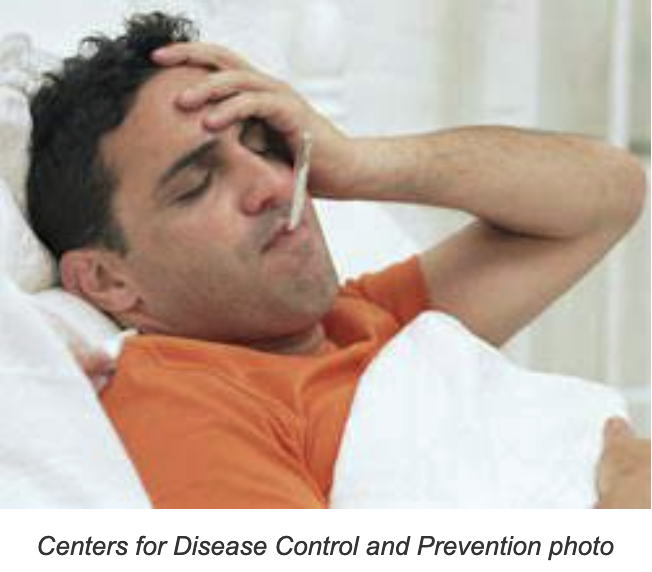CDC shortens Covid-19 isolation advice to match other viruses

Kentucky Health News
The Centers for Disease Control and Prevention has updated guidance for how long people need to isolate when they get Covid-19, to match the guidance for dealing with other viruses.
“While every respiratory virus does not act the same, adopting a unified approach to limiting disease spread makes recommendations easier to follow and thus more likely to be adopted and does not rely on individuals to test for illness, a practice that data indicates is uneven,” the CDC said in a news release.
As of March 1, people who test positive for Covid-19 no longer need to stay isolated for five days, but instead can return to their regular activities if their symptoms are mild and improving and they have been fever-free for 24 hours without the use of a fever-reducing medication.
“This advice is similar to what has been recommended for flu for decades and will help reduce the spread of Covid-19 and other respiratory viruses during the most contagious period after infection,” says a separate advisory.
Once people get back to their normal activities, the CDC acknowledges that some people may still be contagious. Because of this, it calls on people to take additional precautions for the next five days, such as gathering outdoors when possible, practicing good hygiene, keeping a distance from others and wearing a well-fitting mask.
The CDC says it is making updates to the recommendations now because the U.S. is seeing far fewer hospitalizations and deaths associated with Covid-19 and because there are more tools than ever to combat flu, Covid and respiratory syncitial virus (RSV).
“Today’s announcement reflects the progress we have made in protecting against severe illness from Covid-19,” Dr. Mandy Cohen, the CDC director, said in the release. “However, we still must use the commonsense solutions we know work to protect ourselves and others from serious illness from respiratory viruses—this includes vaccination, treatment, and staying home when we get sick.”
This updated guidance is intended for community settings only. There are no changes to guidelines for nursing homes and health-care facilities.